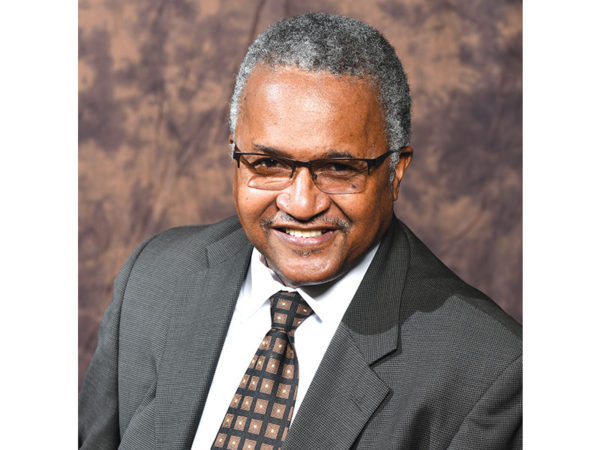The recent implementation of “learning pods” in Louisiana’s public and charter schools, as per Act No. 400 of 2021, raises a crucial question: Does this innovative educational structure enhance or undermine public education?
The new law allows a school district or a charter school to set up a special off-campus class of students, with a district teacher, to instruct a minimum of 10 students in the standard state curriculum, but be free of many rules that require special attention to special needs students or to accept behaviorally disruptive students.
The scores of the pod students can be associated with any school the district chooses, helping to artificially inflate a failing school’s performance.
It’s a hush-hush secret: a few schools in South Louisiana are already using the “Pod” concept, which provides a private school on the public dime with the caveat of using the high scores of the “Pod” students to pad the performance of identified weak schools in a district.
On one hand, these pods offer a smaller, more focused learning environment, aligning with state and school curriculum standards and employing qualified teachers. Their flexible location choices, such as community centers and libraries, make education more accessible. Also, funding from the school’s regular budget, including for resources and teacher salaries, supports this initiative.
However, an audit by the Louisiana Legislative Auditor reveals potential drawbacks. Notably, these pods could be used to artificially boost school performance scores. Since pod students are counted in the main school’s enrollment, there’s a risk of inflating these scores without genuinely enhancing student performance. Additionally, the pods aren’t mandated to offer equivalent student services, especially for those with special needs. This raises concerns about equitable access to education and adherence to laws ensuring attention to special needs students.
The state’s oversight is limited, with most operational decisions left to individual schools.
This situation leads to a critical reflection: Are learning pods an innovative step towards flexible, personalized education, or do they represent a shift towards privatized education under the guise of public funding?
By potentially sidelining students with special needs and lacking uniform standards, these pods might contribute to a two-tiered educational system.
It is imperative for the state legislature to strengthen laws regulating learning pods, ensuring they serve as an inclusive extension of public education rather than an exclusive, unregulated entity.
The goal should be to enhance public education, not create loopholes that could lead to its erosion.


